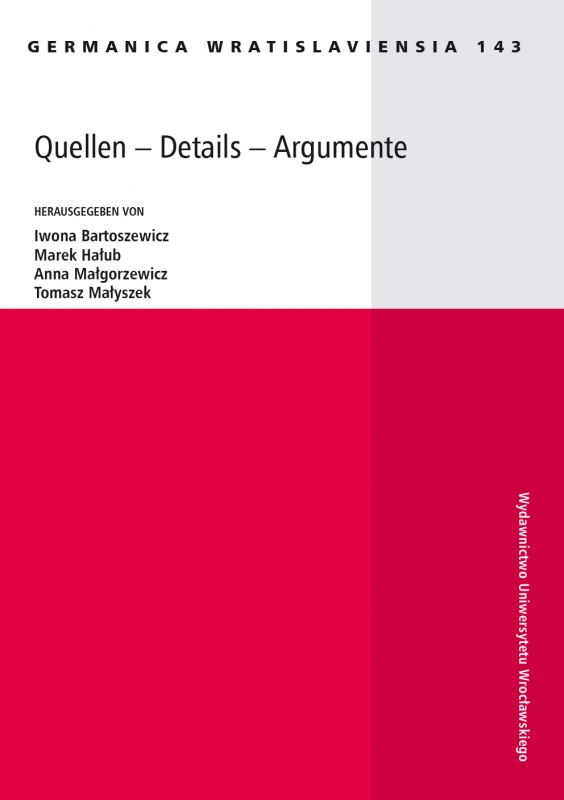

Glottodidactics

In dem Beitrag wird auf den Stellenwert von Aufgaben zum interkulturellen Lernen bei der Sensibilisierung für Hassrede bei multikulturellen universitären Lehrkooperationen fokussiert. Das internationale Lehr- und Forschungsprojekt fand im Dezember 2016 in Poznań statt und wurde von der Adam-Mickiewicz-Universität in Poznań Polen und der Philipps-Universität in Marburg Deutschland organisiert. In dem MaPo Marburg-Poznań Projektseminar arbeiteten Studierende an der Entwicklung von didaktisch-methodischen landeskundlichen Lehrmaterialien. Darüber hinaus wurde den Teilnehmenden an den ersten zwei Tagen eine Kennenlernphase angeboten, in der sie neben aufwärmenden spielerischen Aktivitäten auch die im Rahmen des internationalen RADAR Regulating Anti-Discrimination and Anti-Racism-Projekts entworfenen Aufgaben für die Sensibilisierung für Stereotype und Hate Speech erprobten. Das von der Europäischen Kommission finanzierte Projekt sollte Materialien für anti-hate Kommunikationstrainings entwickeln. Nach der Aufgabenphase wurde unter den teilnehmenden Studierenden eine schriftliche, qualitativ orientierte Befragung durchgeführt, die Potentiale der angebotenen Aktivitäten zum interkulturellen Lernen erheben sollte. Im vorliegenden Beitrag werden ausgewählte Ergebnisse aus dieser Befragung näher betrachtet.
Tasks for intercultural learning as means of fostering the awareness of hate speech? Selected results of a multicultural project-based seminar involving students from Poznań and Marburg
The paper concentrates on tasks for intercultural learning as possible means of fostering the awareness of hate speech as exemplified by conclusions from an international project-based seminar conducted among students of applied linguistics and German studies. The seminar took place in Poznań, in December 2016, and was a joint venture organised by Adam Mickiewicz University in Poznań Poland and the Philipps University of Marburg Germany. Its student-participants were working on developing materials for intercultural instruction. Apart from that, on the first two days of the seminar, they took part in warm-up activities and tasks for intercultural learning aiming at heightening their awareness of hate speech as a phenomenon which may appear in daily intercultural interactions. The activities were compiled within the RADAR project Regulating Anti-Discrimination and Anti-Racism, co-funded by the European Commission, whose aim was to develop tools which can be used in intercultural trainings on anti-hate communication. After the activities, the students participated in a qualitative survey which was designed to elicit their feedback on the potential of tasks for intercultural learning as awareness-raising tools. The presentation offers the discussion of the selected findings in this respect.